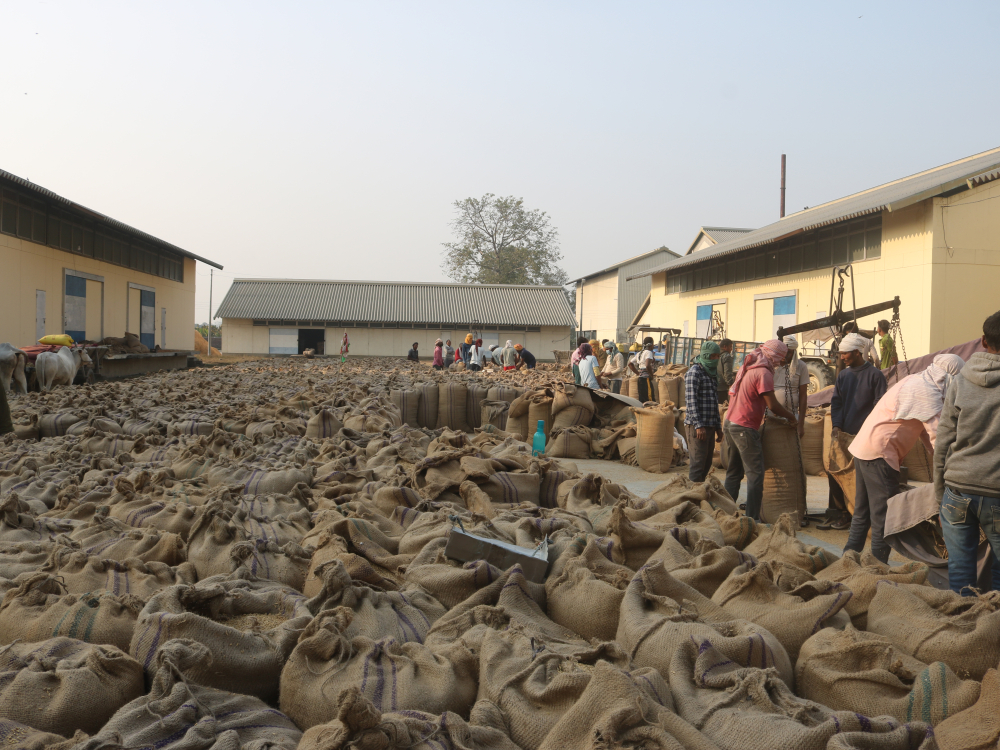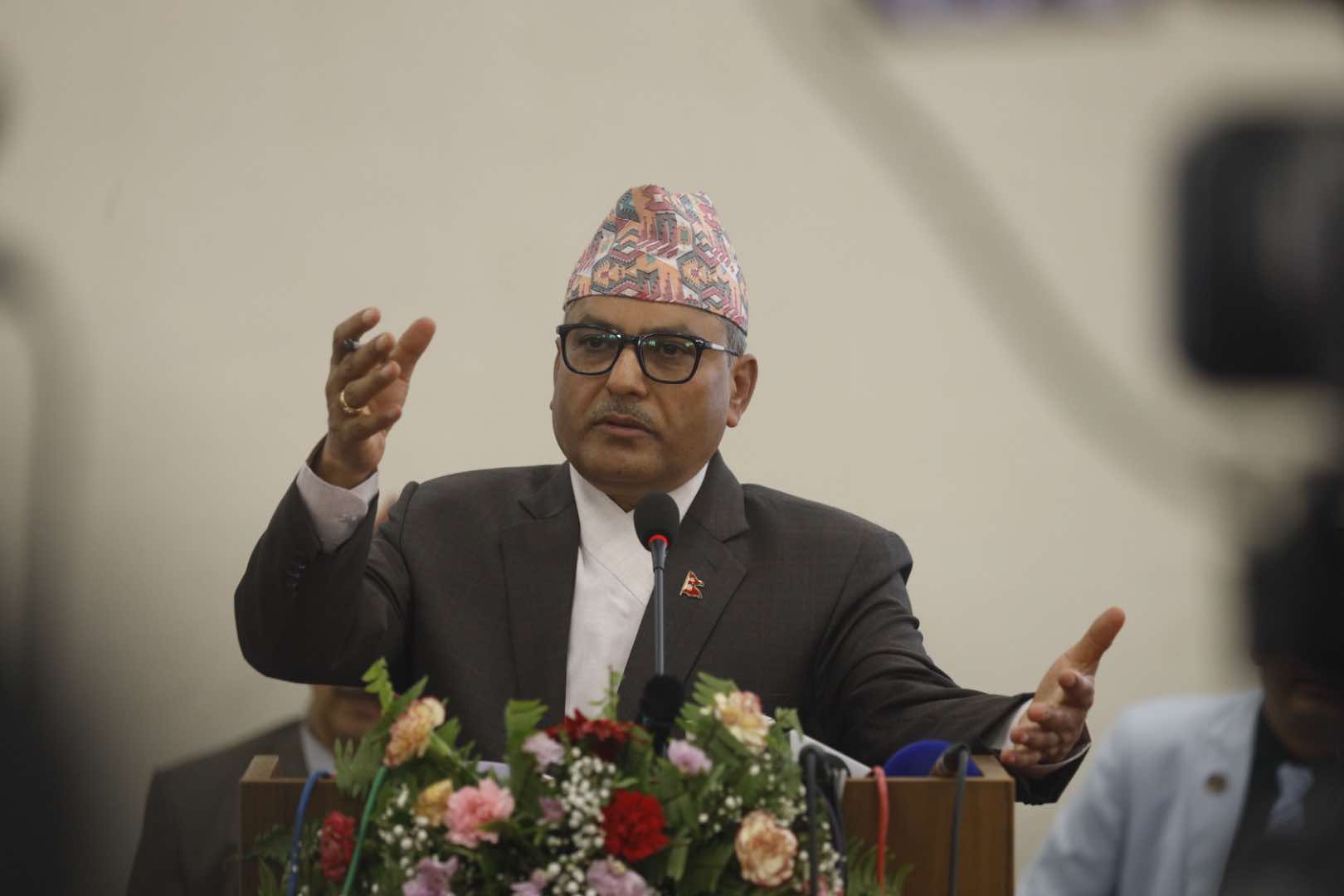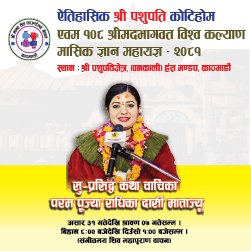Along with agriculture, towards industry
We use Google Cloud Translation Services. Google requires we provide the following disclaimer relating to use of this service:
This service may contain translations powered by Google. Google disclaims all warranties related to the translations, expressed or implied, including any warranties of accuracy, reliability, and any implied warranties of merchantability, fitness for a particular purpose, and noninfringement.


Bardia is one of the districts that produces a lot of food grains in the country. The main potential of the district is agriculture and tourism. Recently, the identity of the district is changing. Bardia, which has always been overlooked due to its geographical distance from the administrative center of the country, is recently on the verge of becoming a district with large industries.



After the model food grain factory came into operation in Rajapur, there was a debate about the agricultural production here. After a large mill has been put into operation in the village, the local people have been getting jobs and getting a reasonable price for rice. Before the operation of the mill, rice had to be transported far for sale and a lot of money was spent on transportation.
In January 2045, King Birendra inaugurated a modern paddy-rice factory in Rajapur area of Bardia, which is considered to be a fertile land for paddy. The factory was built with the help of the Japanese government at a cost of around 15 million rupees. A factory with a capacity of about three lakh quintals was operational. After the establishment of the factory, the farmers of this area have been buying and selling paddy from here. The then armed Maoist group damaged the factory by blasting a bomb in 2059. After the establishment of peace, the factory started operating again. There is now a wave of setting up big industries in the
district. The construction work of Lumbini Ceramics' GVT Tile Industry at the headquarter Gularia has reached its final stage. This industry has been established at the cost of about 4 billion rupees in Gulria municipality-8, east side of Pashuhat market. The goal is to produce 10,000 square meters of tiles daily. It is said that the industry spread over an area of 12 and a half bigha will be operational from Baisakh.
 Industrialist Shyam Khaitan said that more than 300 people are getting employment in this industry. The tiles produced by this industry established at the headquarters Gulriya will be sold all over Nepal. Apart from this, it will also be sold in neighboring Indian markets. It is expected that Nepal will become self-sufficient in tiles. Khaitan Group, Subrata Dhital and others have invested in the industry.
Industrialist Shyam Khaitan said that more than 300 people are getting employment in this industry. The tiles produced by this industry established at the headquarters Gulriya will be sold all over Nepal. Apart from this, it will also be sold in neighboring Indian markets. It is expected that Nepal will become self-sufficient in tiles. Khaitan Group, Subrata Dhital and others have invested in the industry.
Gulria Municipality Chief Muktinath Yadav said that with the establishment of big industries in Gulria, the door of development has opened. "The face of this place will definitely change after the addition of industries," he said. Chaudhary Group (CG) has established a noodle industry in the district and is distributing it to the western region of the country from here. YY and Golmol noodles produced here are sent to Lumbini, Karnali and Sudurpaschim Pradesh under the name of CG Foods Enterprises Private Limited. About eight years ago, the building was purchased and constructed in Basgadhi-4, Pushpanagar. Currently, 320 people are employed in the industry, which is producing 15,000 cartons daily. Similarly, Rara Noodle Industry is also operating in Bansgarhi-4. About 200 people are employed in this industry. Khadga Bahadur Khadka, head of Bansgarhi Municipality, said that due to the two big industries that have opened in the city, local people have got employment to some extent.
For the first time, a sugar mill has been established in Bardia with a large investment. Construction of sugar mill has started in Rajapur Municipality-5 Badalpur of the district with an investment of about 2 billion. Rajapur Sugar and Chemicals Industries Pvt Ltd has started the construction of sugar mill after the initial environmental assessment of the industry and public hearing. Local farmers are happy after the opening of a sugar factory in Rajapur of Bardia, where rice is produced. Urmila Chaudhary, a local, said that the farmers started cultivating sugarcane because they would get more income with less investment. She said that sugarcane has been planted in an area of about 200 bighas this year alone.
Traditional rice farmers here have been attracted to sugarcane cultivation. Indraprasad Dhakal, the head of the factory's administration department, said that the sugar mill, spread over an area of about 18 bighas, will start production from February 2081. In Rajapur city and Geruwa Rural Municipality, paddy is cultivated in an area of 16,000 hectares. Rajapur Nagar Chief Dipesh Tharu said that after the opening of the sugar factory, the locals were happy. "When the industrial development in the district is slow, it is natural to be happy when such industries are opened," he said, "Now employment opportunities will be created at the local level and there will be a positive change in the standard of living of the common people."
 प्रकाशित : फाल्गुन ११, २०८० १०:५०
प्रकाशित : फाल्गुन ११, २०८० १०:५०

 २५.१२°C काठमाडौं
२५.१२°C काठमाडौं
















